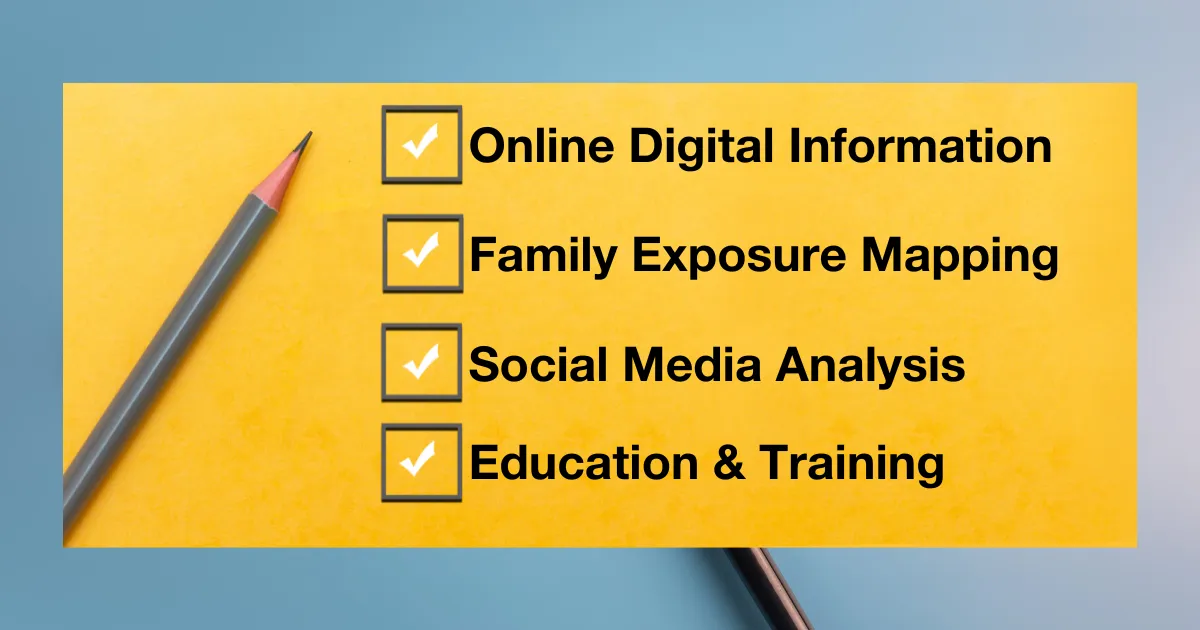Privacy Awareness Week: Limit Your Digital Exposure
During Privacy Awareness Week, Hetherington Group shares five ways that people can limit their digital exposure through opting out online when PII is requested.
Expert blogs and articles to keep you on the leading edge of investigations and intelligence work.

During Privacy Awareness Week, Hetherington Group shares five ways that people can limit their digital exposure through opting out online when PII is requested.

Weaponized open sources have real world consequences. This blog discusses the viral AI hoax involving DoorDash and how the spread of misinformation negatively impacted the brand.

2025 was a year of growth for OSINT training and expanded digital executive protection. Cynthia Hetherington provides a look back at how the market evolved over the last 12 months.

The fear of physical violence is the main reason Executive Protection (EP) teams and Physical Security specialists reach out to Hg. This blog details other 'threats' to high net-worth individuals.
(973) 706-7525
593 Ringwood Ave, Wanaque, NJ 07465
© 2026 Hetherington Group - All Rights Reserved
© 2026 Hetherington Group - All Rights Reserved | Privacy Policy | Terms & Conditions